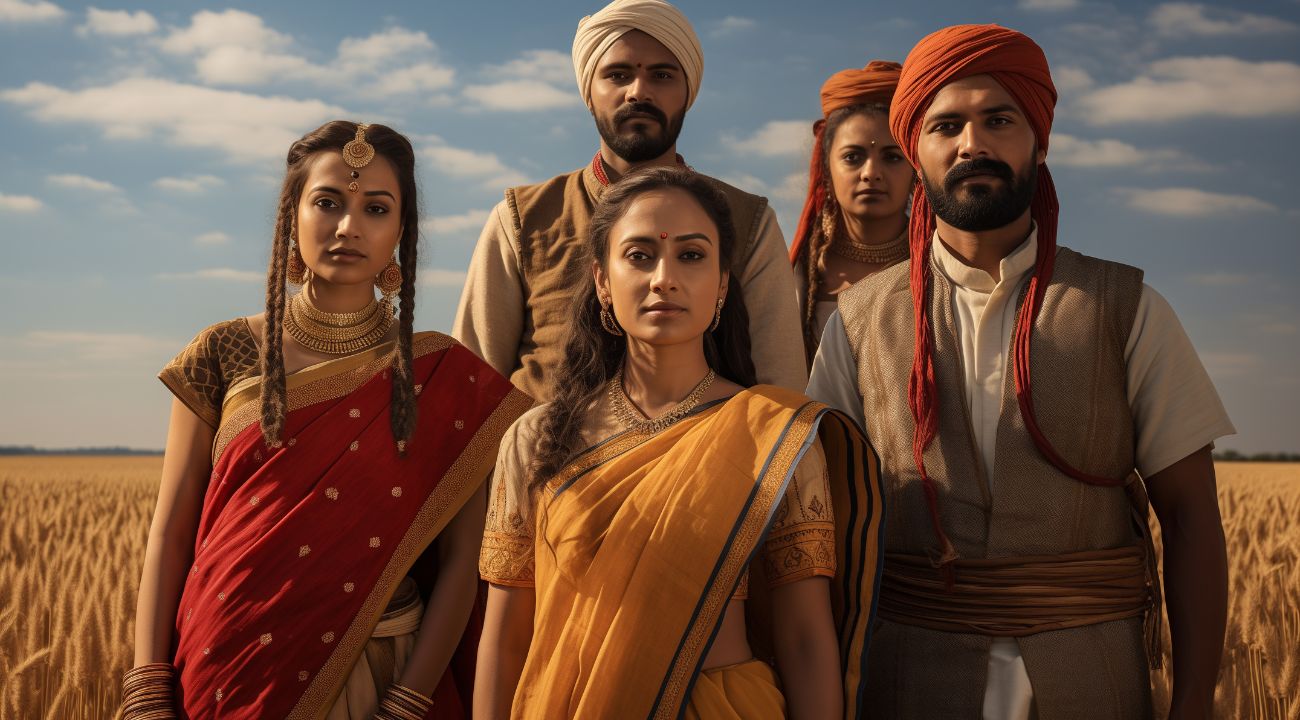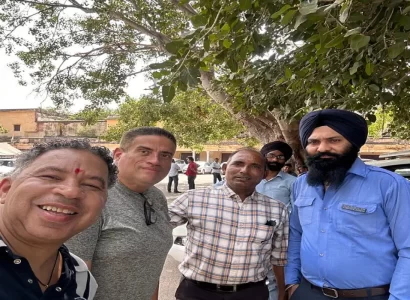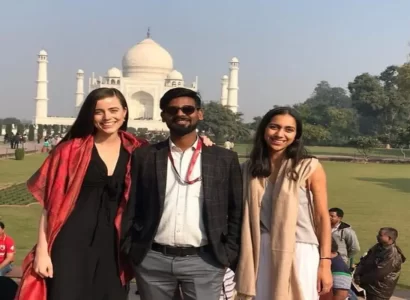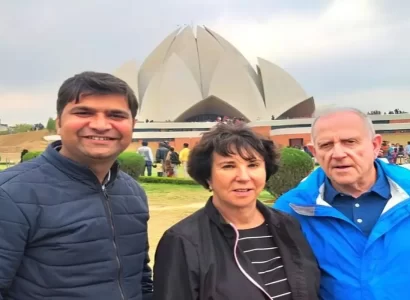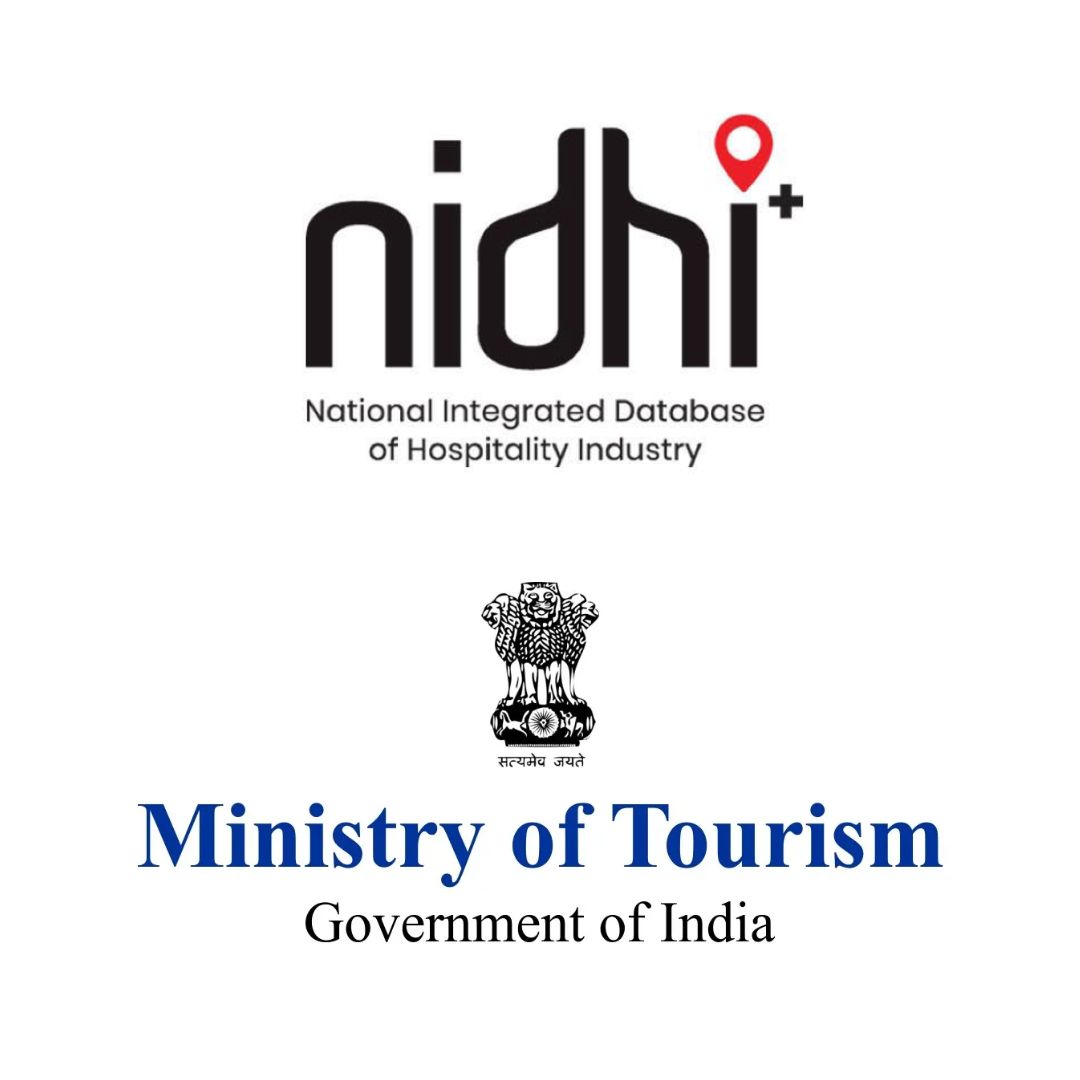India is a country that is well known for its impeccable experience that is nearly hard to forget. However, the grand and distinctive monarchial architecture and the lush places surrounding the nation make them unique and unforgettable. Well, these things can be found in any nation. What makes Indian architecture or places different? Its culture and religious importance that is attached to it, from the different engravings in monuments that represent their religion and culture to major fairs, gatherings, and facts related to them gives a glimpse of what and how culture is an undetectable part of India.
If you are travelling in India, knowing about Indian culture and religious norms can be the cherry on the cake for your trip. So this article will give you a short glimpse of what Indian culture and religious norms are all about alongside some facets and prices that will help you get a flawless traveling experience in India.
Why do culture and religion matter in India?
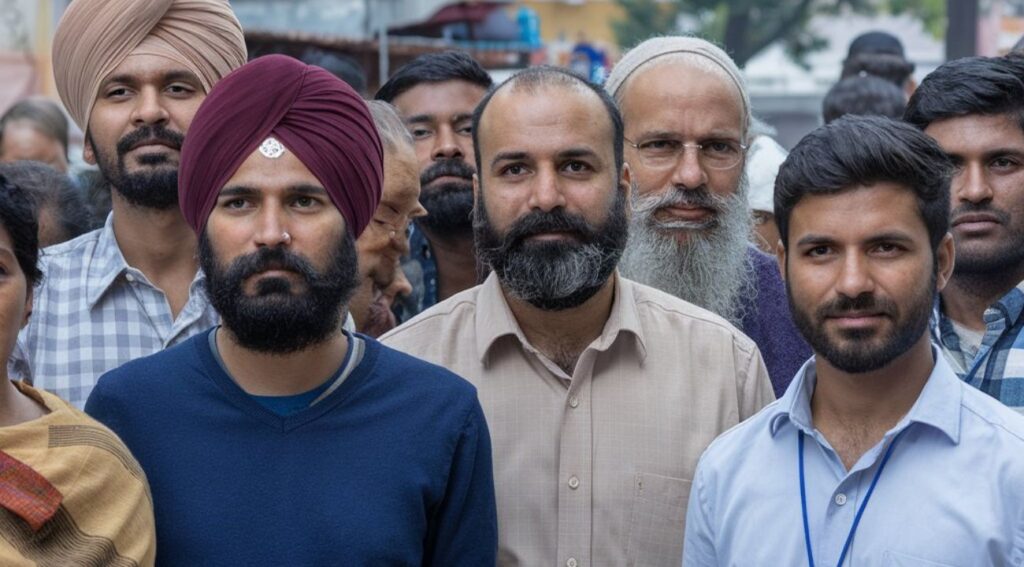
Although India is a country where people live in peace and harmony despite all differences. However, India is quite sensitive when it comes to religion and culture, a country where people seek only respect for their culture. Yet many tourists believe that India is a Hindu country people belong to the Hindu community which is a common myth around the globe. Nevertheless, India consists of all types of religions where Hindus 79.8 percent 14.2% Islam, 2.3% Christianity, 1.7% Sikhism, 0.7% Buddhis,m and 0.4% Jainism, etc making India one of the countries that are rich in terms of diversity where culture and language changes on every mile.
Here are some of the major religions in India.
Hindu
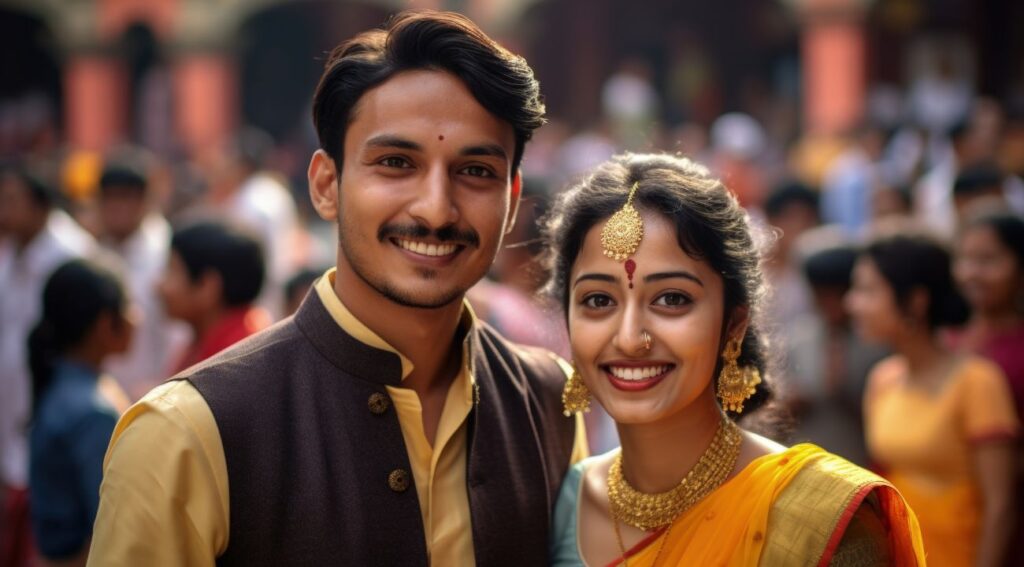
India is a Hindu-majority country and Hinduism well-known for its gods, festivals, grand marriages, and beliefs, with the core principle of no superior, none inferior—all are brothers marching forward to prosperity—reflecting equality and harmony among all to achieve prosperity.
The word Hindu, derived through the Persians from the Sanskrit word Sindhu, historically refers to the Indus River, which is mentioned in the Rig Veda (the holy Hindu book).
Muslims

Islam is the second majority Indian religion and its long history has influenced and paved many languages, cultures, and traditions of this country. Similar to any other Muslim country in the world, Muslim people in India believe in and follow the message of Muhammad; the Quran being their holy scripture. They base their lives upon five main acts called the pillars of Islam which include faith, prayer, charity, fasting, and pilgrimage to Mecca. Islam teaches us to be kind and to help others, especially those who are poor. Many beautiful buildings, such as mosques and the Taj Mahal display the rich culture and architecture of Muslims in India. Even though Islam is different from other religions in India, it helps unite people in peace and respect.
Sikhism
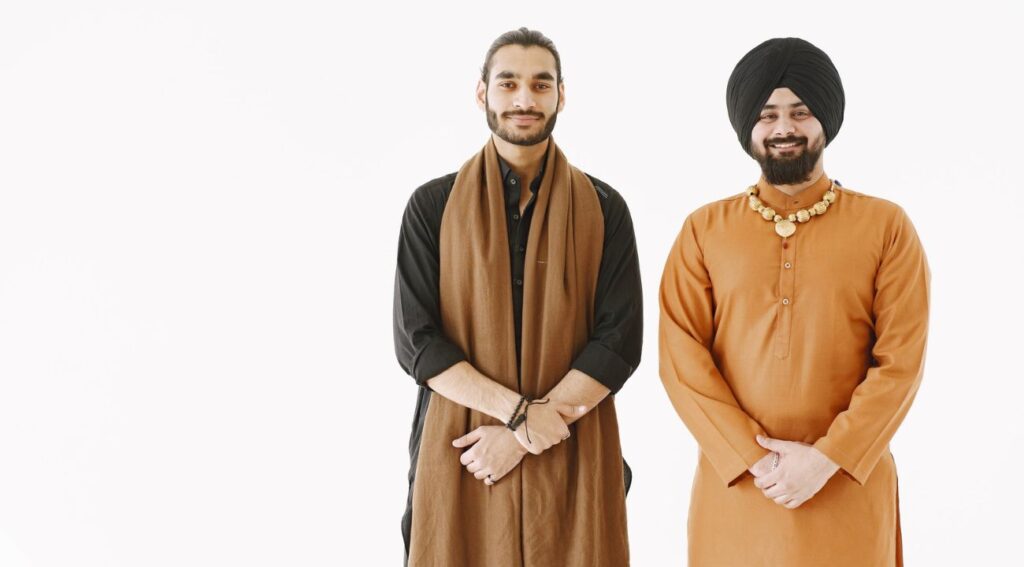
Sikhism is a religion in India. It was based on the teaching of Guru Nanak. Its message is all about equality, serving others, and one God. Sikhs are the followers of Sikhism. They are taught to lead simple lives, to serve those in need, and to work hard. The word “Sikh” means a learner or student. Sikhs believe that learning from the teachings of the gurus, who are spiritual leaders in Sikhism, is an ideal way to obtain knowledge. The holy book that Sikhs follow as a guide to living the good life is referred to as the Guru Granth Sahib.
Christianity

Christianity is one of the recognised religions in India. It preaches love, forgiveness, and belief in one God. Christians believe in Jesus Christ as their Son of God. The holy book of Christians is the Bible. It provides guidance to live a good life. Christians in India believe in the teachings of Jesus. These include being kind to other people, helping those in need, and living with love and peace.
Buddhism
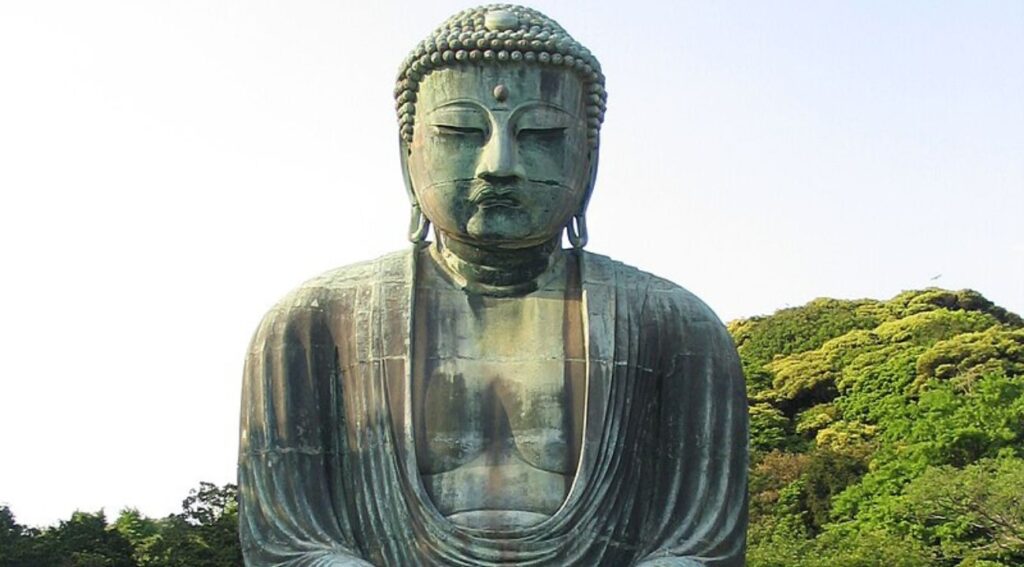
Buddhism is a religion in India that originated from the teachings of Siddhartha Gautama, also known as the Buddha. It teaches that everybody can find peace and happiness by letting go of suffering and desires. Buddhists believe in living a simple and peaceful life, practising kindness, and helping others. The teachings of the Buddha are found in the Tripitaka, which is the holy book of Buddhism. Buddhists follow the path of “The Four Noble Truths” and the “Eightfold Path” to lead a life that brings inner peace and helps them avoid suffering.
Jainism
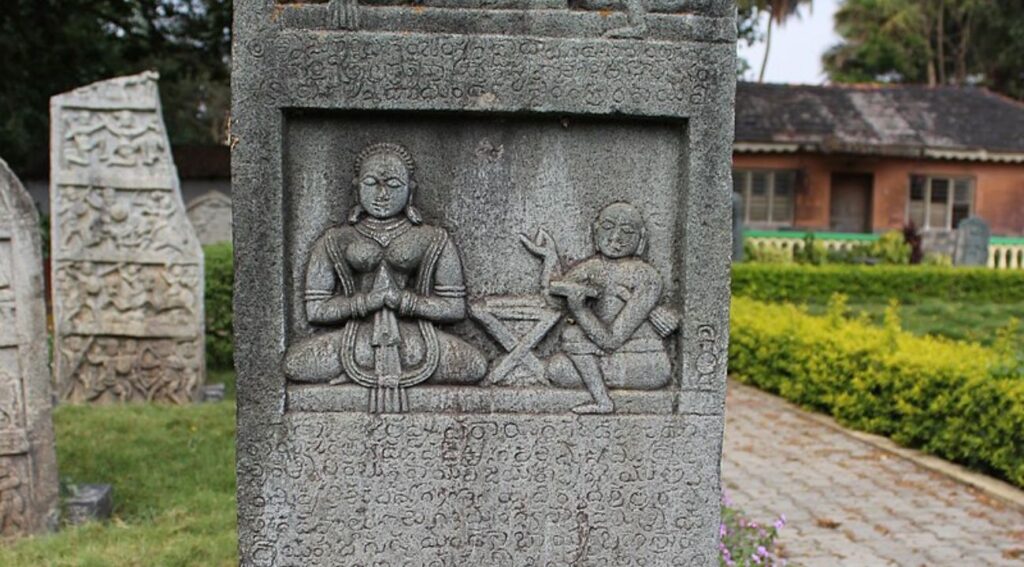
Jainism is a religion known for its deep respect for life, non-violence, and belief in living peacefully. It shares some similarities with Hinduism, but its practices and ideas differ. Jainism was founded around the 6th century BC and teaches a path of spiritual growth and personal discipline to achieve moksha or salvation. The core principle of Jainism is the belief in non-violence and the importance of living a life that causes no harm to others.
Fun Facts About India
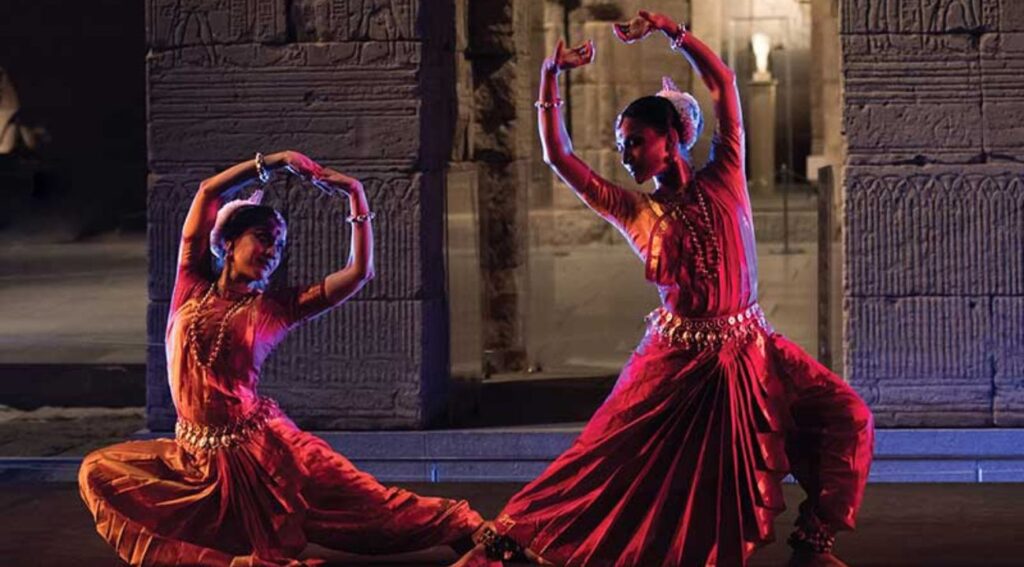
Although India can be seen as an epicentre of religion and culture. But what makes India a must-visit place is the unique factors from unique mouth-watering cuisine and eye-soothing architectural beauty to diverse culture and unknown historical facets, there are a wealth of options that have no limit. Although we can not cover all at once. But here are some of the fun facts that we at Treasure Trip India think can make every moment of your trip worthwhile.
Incredible Animals of India

Incredible animals can be found in other countries but India has different species. You can find the rare Bengal tiger there. The largest number of elephants is found here, and also the colorful peacocks are seen here. All these fun facts about the animals of India indicate how special the wildlife is in this wonderful country.
2. Delicious and Varied Indian Cuisine
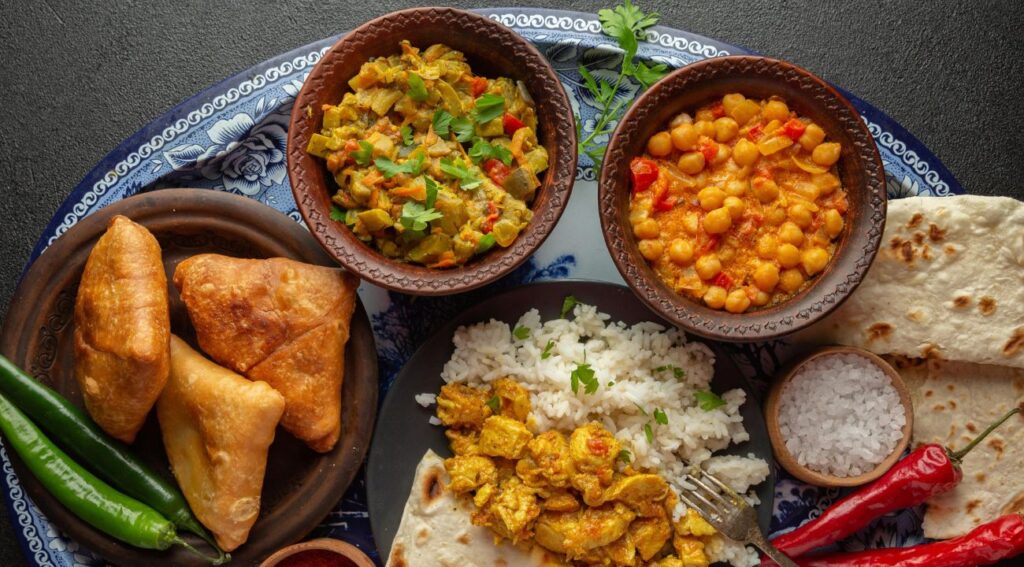
India is known for its delicious food. From spicy curries to gulab jamun, the sweetest dessert people make here is something for everyone. One cool fact about food in India is that they grow over 50 different kinds of mangoes and each type tastes varied. Mangoes are so popular here that there is even a special festival for them. Your taste buds will be thrilled with these fun facts about India’s food!
3. Colorful and Fun Festivals
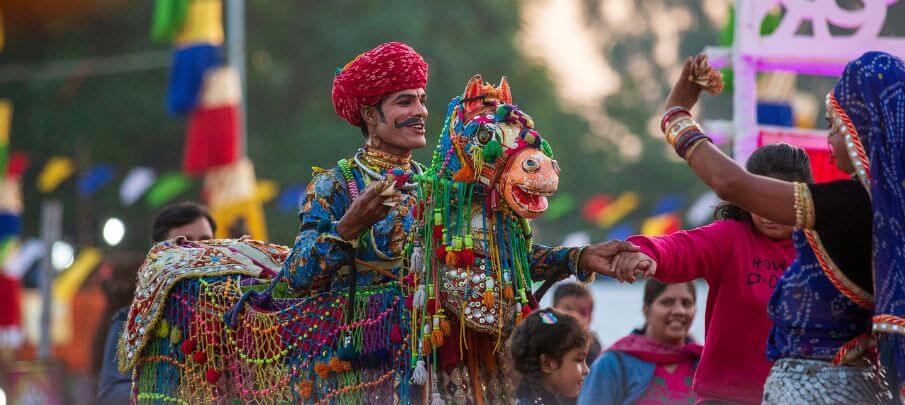
India is full of festivals; each one is more fun and colorful than the last! The most famous festival is Diwali, known as the Festival of Lights. People make their homes look beautiful with Diya. Another great festival is Holi, which is also known as the Festival of Colors. In this festival, each person throws colored powder at each other and enjoys dancing and music. These interesting facts about India’s festivals show how much happiness and excitement there is in the country during these celebrations.
4. Amazing Landmarks and Monuments
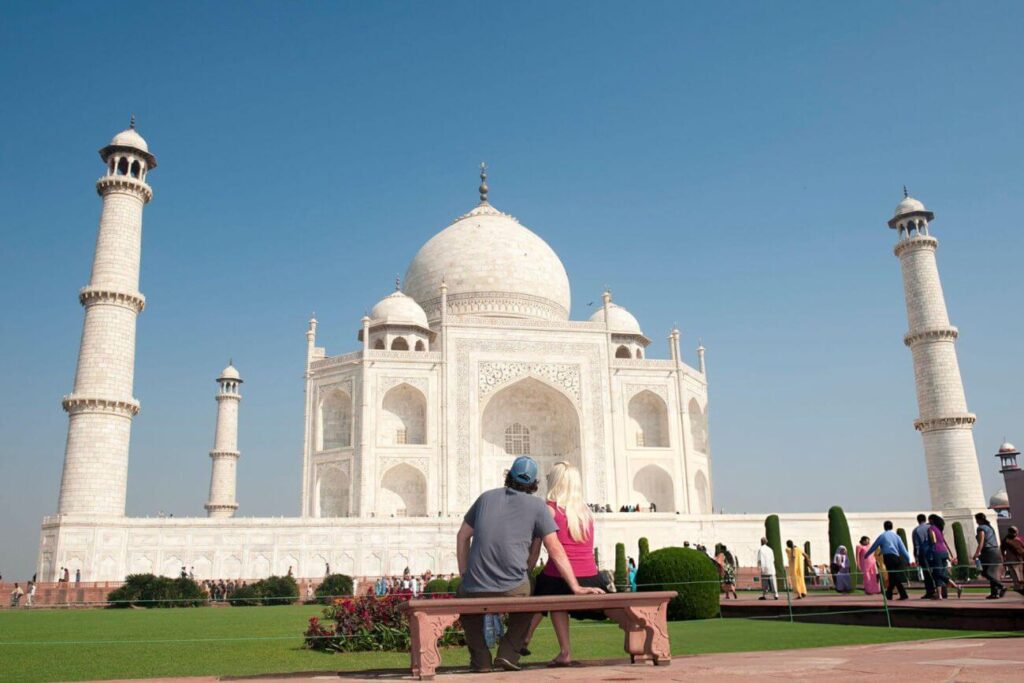
India has the most famous places in the world. Among these landmarks, the Taj Mahal, a white marble structure, is one of the Seven Wonders of the World and is included on everyone’s list of must-sees when visiting India. Other interesting facts about Indian landmarks include the historic Red Fort and the beautiful beaches of Goa. Its landmarks are an important part of India’s charm and beauty.
5. A history spanning thousands of years
India has thousands of years of history. Many interesting facts have to do with the past of India. Do you know that chess originated more than 1,500 years ago in India, and it was called “Chaturanga”? India also originated many religions; the most prominent of these include Hinduism, Buddhism, and Sikhism. These fun facts about India’s history show how much India has helped knowledge and culture around the world.
Conclusion
These fun facts about India show how interesting and special this country is. From its rich history and diverse culture to its incredible festivals, India stands out with unique traditions, architectural marvels, and culinary delights. It’s home to vibrant communities, ancient landmarks, and a blend of modernity and tradition.
